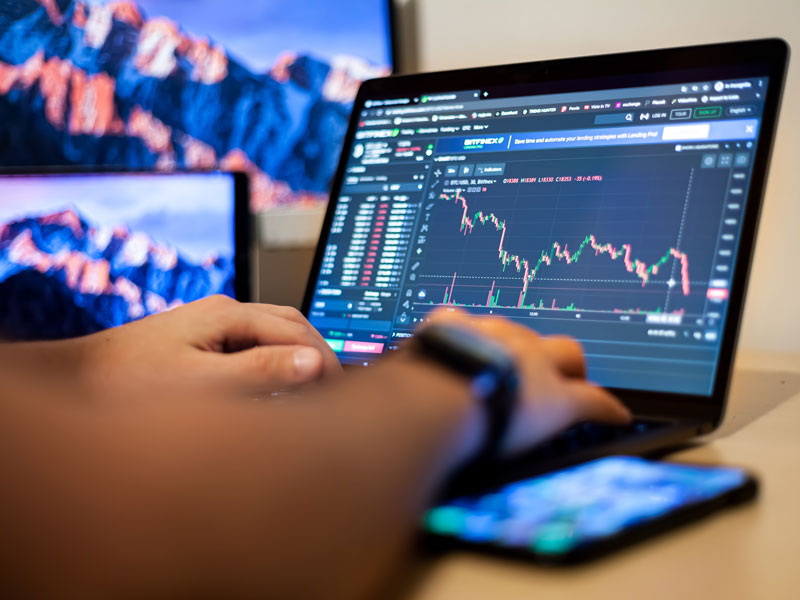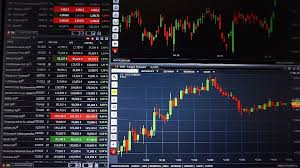
Are you intrigued by the fast-paced world of Forex trading? If you’re a beginner looking to delve into the exciting realm of currency trading, you’ve come to the right place. In this guide, we’ll break down the essential concepts of Forex trading, provide useful tips, and point you towards helpful resources such as beginner forex trading Trading Brokers in Vietnam.
What is Forex Trading?
Forex, short for foreign exchange, involves the trading of currencies in the global marketplace. It’s a decentralized market, meaning there’s no central exchange; instead, currency trading occurs electronically over-the-counter (OTC). Forex trading is one of the largest financial markets globally, with trillions of dollars traded daily.
Understanding Currency Pairs
In Forex trading, currencies are traded in pairs. A currency pair consists of a base currency and a quote currency, such as EUR/USD (Euro/US Dollar). The first currency (EUR) is the base currency, and the second currency (USD) is the quote currency. When you buy a currency pair, you’re buying the base currency while selling the quote currency, and vice versa.
How to Get Started with Forex Trading
Starting your journey in Forex trading can seem overwhelming at first, but breaking it down into manageable steps can help. Here are some essential steps you should consider:
1. Educate Yourself
Understanding the basics of Forex trading is crucial. Familiarize yourself with key terms like pips, leverage, margins, and spread. There are numerous online resources, courses, and books available that cater to beginners. Make sure to invest time in learning before diving into real trading.
2. Choose a Reputable Forex Broker
Selecting a reliable broker is essential for a successful trading experience. Look for brokers that are regulated, offer a user-friendly trading platform, and provide competitive spreads. Many brokers also offer demo accounts, which can be beneficial for beginners to practice trading without risking real money.

3. Practice with a Demo Account
Before risking your capital, practice on a demo account. This allows you to become familiar with the trading platform and test your strategies without financial risk. Most brokers offer demo accounts with virtual currency to help you simulate live trading conditions.
4. Develop a Trading Plan
A well-defined trading plan is crucial for your success as a trader. Your plan should outline your trading goals, risk tolerance, strategies, and the types of trades you plan to make. A disciplined approach to trading will help you manage emotions and stay focused.
Key Concepts to Understand
As you embark on your Forex trading journey, it’s essential to grasp some key concepts that will guide your trading decisions:
Leverage
Leverage allows traders to control larger positions in the market with a smaller amount of capital. While this can amplify gains, it also increases potential losses. Therefore, understanding how to use leverage wisely is vital for risk management.
Technical Analysis
Technical analysis involves studying historical price patterns and using charts to forecast future price movements. Familiarize yourself with various indicators, such as moving averages, Relative Strength Index (RSI), and Bollinger Bands. These tools can help you make informed trading decisions.
Fundamental Analysis
Fundamental analysis focuses on the economic factors influencing currency values. Keep an eye on economic indicators like interest rates, inflation, and employment data, as they can significantly impact currency prices. Understanding these fundamentals can provide you with insights into market trends.

Risk Management Strategies
Effective risk management is crucial for any trader. Here are some strategies to consider:
1. Use Stop-Loss Orders
A stop-loss order automatically closes your position when the market reaches a certain price level, limiting your losses. Setting a stop-loss order is a vital step in risk management.
2. Diversify Your Portfolio
Diversifying your trading portfolio can help spread risk. Instead of focusing on one currency pair, consider trading multiple pairs to reduce the impact of a single loss.
3. Only Trade with Money You Can Afford to Lose
Never invest money that you can’t afford to lose. This simple rule can help maintain a rational mindset and prevent emotional trading decisions.
Conclusion
Forex trading can be a rewarding endeavor if approached with the right mindset and education. As a beginner, take the time to learn, practice, and develop a solid trading plan. Remember to choose a reputable broker and stay informed about market trends. With dedication and discipline, you can embark on a successful Forex trading journey.
For further resources and guidance, consider exploring online platforms and communities that focus on Forex trading. Happy trading!
